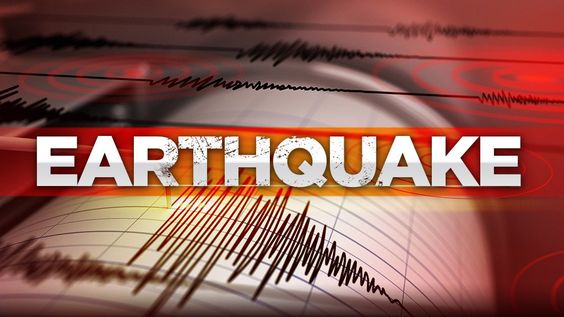

At least six people are reported dead in the Doti District of Far-West Nepal after a magnitude 6.6 earthquake hit the area in the early hours of Wednesday.
The Far-West region of Nepal in the past 24 hours recorded three tremors- two earthquakes and one aftershock, the National Seismological Center (NSC) of Nepal stated.
As per the data from NSC, the first quake of 5.7 magnitude was recorded at 9:07 PM (Local Time) on Tuesday followed by another at 9:56 PM (Local Time) measuring 4.1 magnitudes.
“The third-strong jolt measuring 6.6 magnitude which struck at around 2:12 AM (Local Time) on Wednesday resulted in loss of three lives after a house collapsed. The deaths are reported from Gairagaun,” according to Ram Prasad Upadhyay, Chairman of Purbichauki Village Council-03 of Doti District.
The tremors were also felt in India’s capital New Delhi and its surrounding areas.
Earlier on October 19, an earthquake of magnitude 5.1 shook Kathmandu. As per NCS, the earthquake occurred 53 kilometres east of Kathmandu at around 2:52 pm. The depth of the earthquake was 10 km below the ground.
On July 31, an earthquake of magnitude 6.0 took place 147 km ESE of Kathmandu, Nepal at 8.13 am IST around Martim Birta of Khotang district, according to the National Earthquake Monitoring and Research Centre (NEMRC).
The depth of the epicentre was monitored at 10 km in eastern Nepal, determined to be at 27.14 degrees North latitude and 86.67 degrees east longitude.
Earlier in 2015, a high-intensity earthquake of magnitude 7.8 on the Richter scale struck central Nepal between its capital Kathmandu and city of Pokhara. It is estimated to have killed 8,964 people and injured close to 22,000 people.
The earthquake, known as the Gorkha earthquake, also shook several cities across north India; tremors were also felt in Lahore, Pakistan, Lhasa in Tibet, and Dhaka, Bangladesh.
The recent earthquakes in Nepal have caused unprecedented damage to lives and property and have necessitated the demand for well-framed policy measures to manage such disasters.
Nepal suffered its worst recorded earthquake in 1934. It was measured at 8.0 and destroyed the cities of Kathmandu, Bhaktapur and Patan.
It has been established that the Indian plate is getting subducted under the Eurasian plate at 5 cm a year. This is responsible for the formation and increasing height of young fold mountains of the Himalayas and also makes the region prone to earthquakes. Disasters like quakes can wreak havoc if preparedness is not ample.